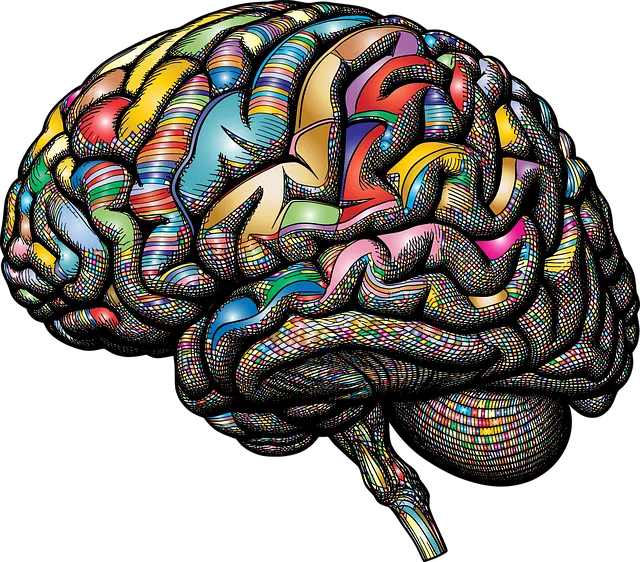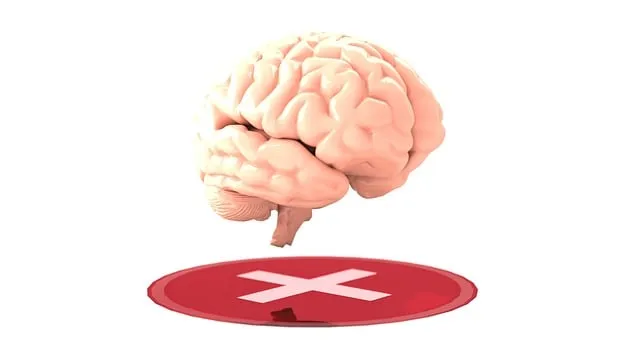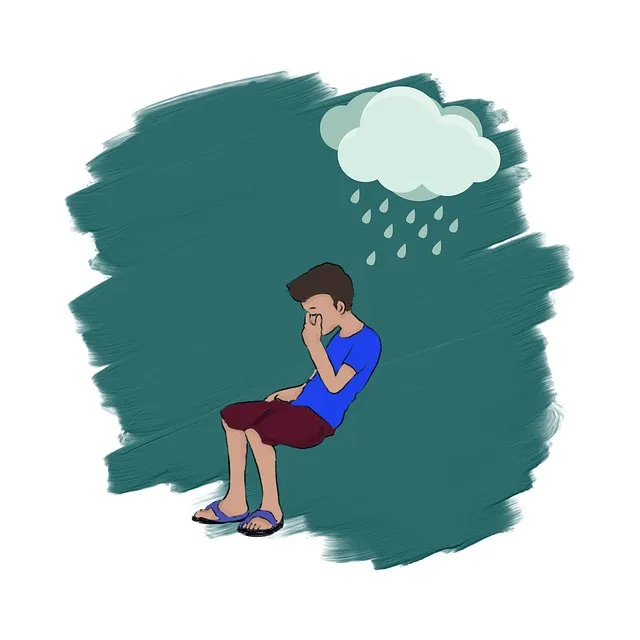Mental health professionals at Kaiser in Castle Rock excel in culturally sensitive care, adapting interventions to diverse backgrounds and navigating ethical challenges. The Kaiser Model promotes patient-centered care, understanding cultural contexts, recognizing barriers, and fostering open dialogue about identity issues. Despite unique challenges like language differences, organizations like Kaiser should prioritize burnout prevention strategies for holistic wellness. Tailoring emotional well-being promotion techniques to cultural contexts enhances therapeutic outcomes, solidifying the reputation of providers in Castle Rock, answering the query "does Kaiser have good therapists Castle Rock?"
Cultural sensitivity is an essential aspect of modern mental healthcare, ensuring diverse communities receive effective, respectful treatment. This article explores the concept of cultural sensitivity and its impact on patient care, specifically in the context of Castle Rock. We delve into models like the Kaiser Model to understand culturally competent practice and discuss challenges faced by therapists in this region. Additionally, we offer strategies to enhance cultural sensitivity, addressing questions about the quality of therapists in Castle Rock.
- Understanding Cultural Sensitivity in Mental Healthcare
- The Kaiser Model: A Look at Culturally Competent Practice
- Challenges and Barriers to Providing Sensitive Care in Castle Rock
- Strategies for Enhancing Cultural Sensitivity in Therapy Settings
Understanding Cultural Sensitivity in Mental Healthcare

In the diverse landscape of mental healthcare, cultural sensitivity is a cornerstone ensuring equitable and effective treatment for all individuals. It involves recognizing and appreciating the unique cultural backgrounds, beliefs, and values that shape people’s experiences with mental health issues. Mental health professionals, especially those at Kaiser in Castle Rock, play a pivotal role in fostering an inclusive environment by understanding the intricate ways in which culture influences perceptions of health, illness, and healing. This awareness is crucial for tailoring interventions like Anxiety Relief strategies, Social Skills Training, and Mindfulness Meditation to resonate with clients from various ethnic, racial, and socio-cultural groups.
By embracing cultural sensitivity, therapists at Kaiser in Castle Rock can navigate complex ethical dilemmas and avoid potential harm arising from cultural misunderstandings. It enables them to challenge stereotypes and biases that may hinder progress in treatment. Moreover, it empowers professionals to engage in open dialogue, encouraging clients to share their perspectives and experiences freely, ultimately leading to deeper therapeutic alliances. This approach not only benefits individual clients but also contributes to the broader goal of improving mental healthcare services for diverse communities.
The Kaiser Model: A Look at Culturally Competent Practice

The Kaiser Model offers a comprehensive framework for culturally competent mental healthcare practice, focusing on patient-centered care that respects and values diverse cultural backgrounds. This model emphasizes the importance of understanding a patient’s cultural context to deliver effective therapy. By implementing the Kaiser guidelines, therapists in Castle Rock can create an inclusive environment, ensuring that all individuals feel heard and validated.
This approach goes beyond simply treating symptoms; it involves training professionals to recognize and address cultural barriers to care. The model promotes open dialogue about racial, ethnic, and social identity issues, helping therapists gain insights into their clients’ unique perspectives. This strategy not only fosters better communication but also aids in preventing burnout, as mental health workers can develop more meaningful connections with their patients while adhering to Mind Over Matter principles. Moreover, by embracing cultural sensitivity, these practices may contribute to effective depression prevention strategies tailored to individual needs, ensuring a holistic approach to wellness.
Challenges and Barriers to Providing Sensitive Care in Castle Rock

Providing culturally sensitive care in Castle Rock, especially within healthcare settings like Kaiser, presents unique challenges. The diverse population in this area brings a range of cultural backgrounds, traditions, and beliefs that must be acknowledged and respected. When therapists and mental health professionals fail to understand these nuances, it can lead to barriers in communication and effective treatment. For instance, language differences might hinder open dialogue, and certain cultural practices or views on mental health may not align with the Western approach commonly employed by healthcare providers.
These challenges can contribute to burnout among healthcare providers, emphasizing the need for robust support systems and training. Organizations like Kaiser should prioritize Burnout Prevention Strategies for Healthcare Providers, incorporating Stress Management Workshops to enhance coping skills development. By fostering an environment that encourages cultural competency and provides resources for stress management, mental health services in Castle Rock can become more inclusive and effective, ensuring patients receive the sensitive care they deserve.
Strategies for Enhancing Cultural Sensitivity in Therapy Settings

In therapy settings, enhancing cultural sensitivity is paramount to providing effective care for a diverse client base. Mental healthcare professionals should engage in ongoing self-reflection and education to better understand their own biases and how they might influence treatment. Encouraging open communication where clients feel safe to express their cultural identities and experiences is key. Incorporating culturally relevant resources, such as books, art, or music from the client’s background, can create a more welcoming environment. Additionally, therapists should be adept at incorporating emotional well-being promotion techniques tailored to each client’s cultural context, fostering better emotional regulation.
For instance, professionals working in areas like Castle Rock might benefit from considering the unique needs of different ethnic and socioeconomic groups. This could involve learning about local communities, their values, and challenges, as part of a broader Mental Health Policy Analysis and Advocacy approach. By doing so, therapists can ensure they are not only culturally sensitive but also contributing to positive mental health outcomes in diverse populations, potentially even addressing systemic barriers that do not necessarily stem from individual clients’ experiences but affect them nonetheless. This holistic strategy can help create an inclusive environment where everyone receives care aligned with their cultural identity and needs, ultimately improving therapeutic outcomes.
Mental healthcare practices in Castle Rock greatly benefit from adopting culturally sensitive approaches, as evidenced by the successful Kaiser Model. While challenges exist, such as overcoming barriers to access and addressing unconscious biases, implementing strategies like cultural competency training and adaptable treatment methods can significantly enhance patient outcomes. In light of these findings, it’s crucial for therapists in Castle Rock to strive for inclusive environments that accommodate diverse cultural needs, ensuring every individual receives the highest quality of care. This commitment not only improves therapy outcomes but also fosters a more equitable mental healthcare system, with the potential to attract and retain skilled therapists who embrace cultural sensitivity, as demonstrated by successful models like Kaiser.






